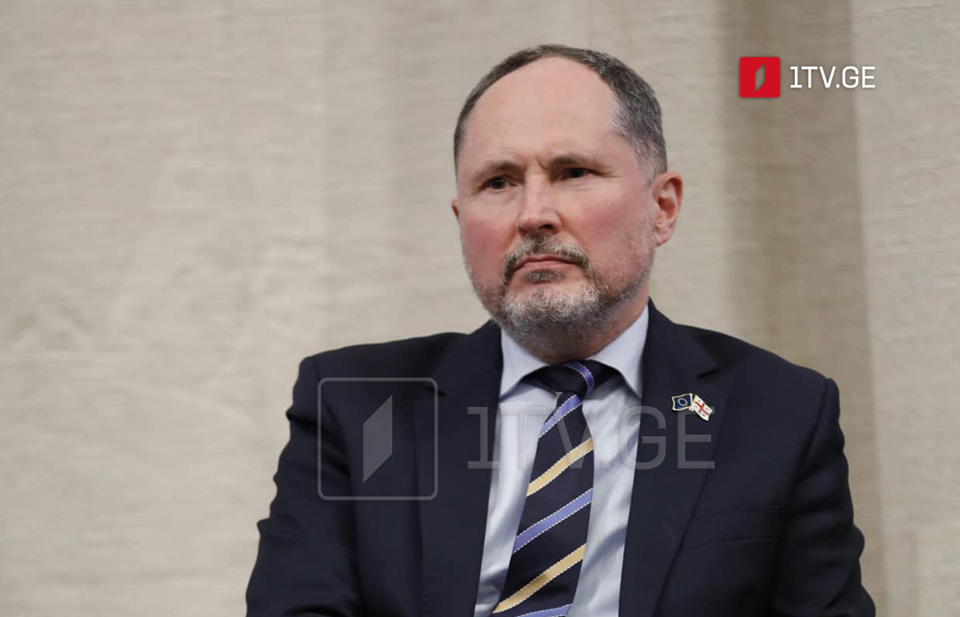EU Ambassador to Georgia, Paweł Herczyński on Thursday said, “Any form of intimidation, any threats, and any violence by anyone in any circumstances are absolutely not okay.”
“This should stop immediately and I can only repeat what the Director-General of the European Commission, Gert Jan Koopman just said at the end of his visit, that the temperature needs to be lowered, the serious conversation needs to start, it’s in the interest of Georgia to move forward on the path of EU integration; intimidation, threats, violence do not belong to any democracy and Georgia is a candidate country, so, this is absolutely unacceptable,” Herczyński asserted.
EU Ambassador said, “We are here to support Georgian authorities in their efforts on the EU integration path; we have always said loud and clear that this requires inclusivity on part of the government and this requires a constructive approach on part of the opposition.”
“Unfortunately, the polarization in Georgia is extremely deep. We see this, unfortunately, every night on our TV screens, there are reports of intimidation, and phone calls being made to different people from different places with threats. We see violence, we see beatings, this should stop immediately; there is no place for such things in any democratic country, and especially in a country that wants to become part of the EU.
We sincerely hope that we will not be forced to move to a situation that I describe as less for less which would be a negative spiral of events that would hit very hard ordinary people in Georgia. We do not want to let this happen.
However, in case things will go badly and this law in its current form will be passed, I can not rule out that there will be consequences, different consequences. As you know, we support Georgia financially, and we are talking about millions of euros that we transfer to Georgia, most of it goes directly to the state budget. We also have a visa liberalization, this was one of the biggest successes of the EU-Georgia relationships so far; there are certain safeguards within the visa-liberalization agreement that we might as the EU Commission be forced to use but again, we really do not want to move to that stage,” Herczyński added.
